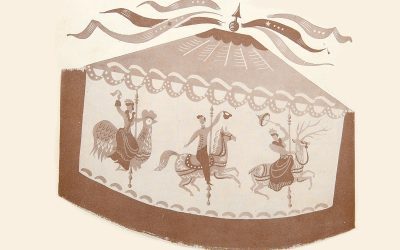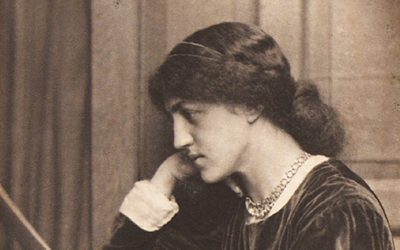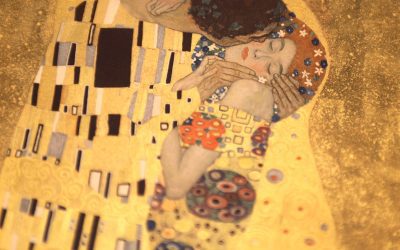Presented by Adam Douglas, Senior Rare Book Specialist at Peter Harrington.
First edition of Erasmus’s famous treatise Institutio principis christiani, published at about the same time as Machiavelli’s Il Principe. Written as advice for Prince Charles of Spain (later the Holy Roman Emperor Charles V), Erasmus’s work goes far beyond the education of the Prince, and is in fact, like Machiavelli’s, a general treatise on the state, its structure, the art of government and the conduct of the Prince; Erasmus, however, aims at harmony and peace, recognizing the rights and duties both of the Prince and the people.
Other pieces treating the same subject were added, a list of which is given on verso of the title. Of these Erasmus’s translation of a letter by Isocrates to King Nicocles on the importance of education for a king is published here for the first time. Further added are his Panegyricus to Philip the Fair, composed at the occasion of his return to Brussels in 1504 and already containing the same ideas as postulated in the Institutio, together with his letters in defence of this work to Paludanus and Nicolas Ruter. At the end of this part an extra printer’s colophon is present, dated April 1516.
The dedication, according to Allen, must date from March 1516 and the whole work at the end is dated May 1516. The second part then contains Erasmus’ translations of Plutarch’s treatises on true friendship, on the use to be made of enemies, on government by the Prince’s personal qualities rather than by fear, and on the value of philosopher-friends to the Prince. The first two are respectively dedicated to Henry VIII, king of England, and to Cardinal Thomas Wolsey.
The Institutio principis christiani is bound first in the volume with two other works. At the end of the volume is the second edition of a collection of Erasmian texts headed by Enchiridion militis christiani (Handbook of a Christian Knight), Strasbourg: Matthias Schürer, September 1515. In the same month Enchiridion militis Christiani was published as a separate work at Leipzig by Valentin Schumann, at Hieronymus Emser’s urging, as it was then in short supply in Saxony. A similar collection was first published at Antwerp, Th. Martens, November 1509.
Bound between the two is an incomplete copy of Erasmus’s translations from Plutarch (Basel: J. Froben, August 1514), lacking the title leaf.
View this item on our website: http://www.peterharrington.co.uk/institutio-principis-christiani.html (Item sold)





